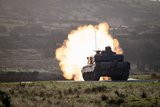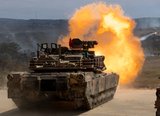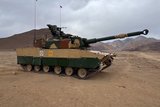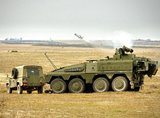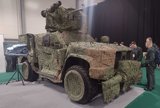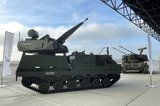Warfighters from the US Army, Marine Corps (USMC) and Special Operations Command (USSOCOM) recently tested a wearable digital health and human performance software solution to individually measure service members’ health and enable them to improve their performance.
Named Lightning Platform, it is a cyber-secure and custom-built mobile app developed by the Center for Body Computing (CBC) at the USC Institute for Creative Technologies (ICT), in partnership with the US Army and the DoD.
It can connect to a variety of body-worn sensors including Apple Watch, glucose monitors and medical-grade wearable devices enabling the platform to detect, record and display








